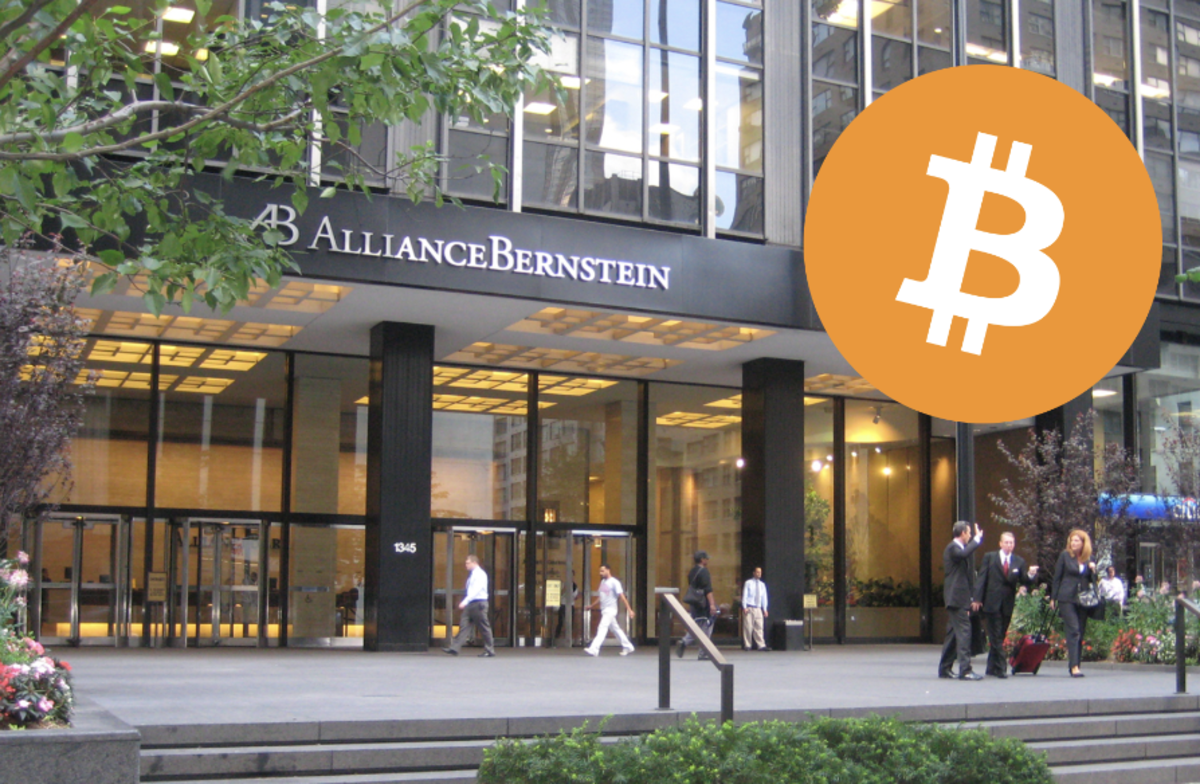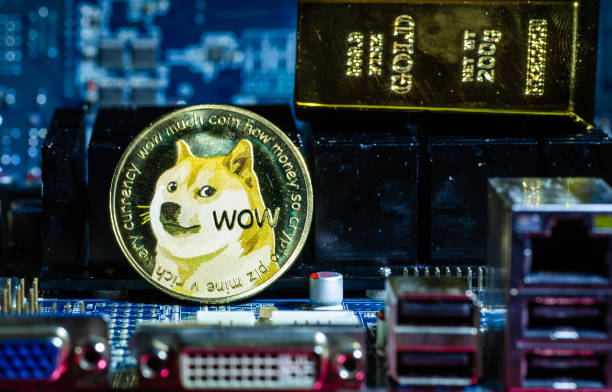A number of cryptocurrency platforms reporting billions of dollars in daily trades on CoinMarketCap appear to have been misleading their customers about holding certain crypto licenses, an investigation by Cointelegraph has found.
Bitspay, a crypto exchange that reports a $1.4 billion daily trading volume on CoinMarketCap, claimed it held a license in Estonia, and is regulated under Estonian law. However, after Cointelegraph reached out with questions about this license, the company swiftly erased its reportedly fake license data.
At the time of writing, Bitspay is the fourth-largest crypto exchange by daily trading volume on CoinMarketCap, following platforms like Binance, BitForex and Topcredit International.

According to Bitspay’s page on CoinMarketCap, it is a centralized exchange (CEX) based in Estonia. The exchange was launched in 2020 and claims to be regulated under the Estonian “Anti Money Laundering Counter-Terrorism Financing Act 2019,” which appears to be referring to the country’s Money Laundering and Terrorist Financing Prevention Act.

Bitspay also claimed it was licensed and regulated by Estonia’s Financial Intelligence Unit (FIU). “Bitspay Limited registered with the registration number FVR000796, under the Laws of the Republic of Estonia,” the firm stated on one of its domains, Bitspay.io, until it erased the information immediately following Cointelegraph’s inquiries.

Contacted by Cointelegraph, Estonia’s FIU reported that Bitspay didn’t hold any valid license in Estonia. “We took a look into it, and it seems that the license number which they have previously announced refers to an Estonian company, Globe Assets OÜ,” a spokesperson for the FIU said in a statement on Sept. 21. The license was also valid for less than a year, from March 2019 until January 2020, the representative noted.
The FIU didn’t respond to additional questions about Bitspay’s legal status in Estonia.
Bitspay was showing its website visitors information on the license mentioned above until at least Sept. 18, 2023. The firm subsequently rebranded its website from the briefly unavailable Bitspay.io to Bitspay.global on Sept. 21, removing all data about being registered or regulated in Estonia.
At the time of writing, Bitspay has not provided any information about its registration or license status on its new website. The exchange also claims on its website that its daily trading volume amounts to 65,249 Bitcoin (BTC), or $1.7 billion. However, the exchange appears only to have around 400 followers on X (formerly Twitter) and some 16,000 members on its Telegram channel.
Kelly Nova, who is said to be the founder and CEO of Bitspay, told Cointelegraph that the exchange is working on licenses in both Estonia and the United Kingdom. “We have some copyright issues, and that’s why we closed the Bitspay.io domain,” he said. The exec didn’t respond to Cointelegraph’s request for further information about Bitspay founders or why the firm previously claimed to have a license in Estonia on its website.
Bitspay appears to be far from the only platform reporting massive trading volumes on CoinMarketCap despite little being known about its licenses, founders or background. Exchanges like Topcredit, which reports $1.8 billion in daily trading volume on CoinMarketCap, and Bika, which reports $1.2 billion, have been unwilling to talk to Cointelegraph about their background and founders.
“We have long been aware that self-reported data can be problematic, but APIs are the only viable source for data collection,” a spokesperson for CoinMarketCap told Cointelegraph.
The representative also referred to the website’s scoring system, pointing out that platforms like Bitspay, Topcredit or Bika have a significantly lower score than major exchanges like Binance, which has owned CoinMarketCap since April 2020. “We always encourage our users to perform their own due diligence, especially with low-scoring exchanges,” the spokesperson said, adding:
“We know our data isn’t infallible. Our role is as an objective and comprehensive information aggregator, not a regulator. [...] In short, CMC numbers are as credible as they can be, using our industry leading experience, technology, verification methodology and feedback loops [...]”
The spokesperson cited the crypto adage “don’t trust, verify” and said it embodies a foundational principle of cryptocurrencies and blockchain technology.
Related: Hong Kong to list ‘suspicious’ crypto platforms in wake of JPEX scandal
According to a public announcement, Bitspay was listed on CoinMarketCap in July 2023. CoinMarketCap’s primary rival, CoinGecko, hasn’t listed this website, nor has it listed Topcredit or Bika. Despite this discrepancy, CoinGecko has significantly more spot exchanges listed than CoinMarketCap. At the time of writing, CoinGecko lists a total of 784 exchanges, while CoinMarketCap lists only 225.
Websites like CoinMarketCap have frequently been criticized for providing inflated exchange trading volumes. In 2019, Bitwise Asset Management claimed that 95% of volumes on unregulated exchanges reported on CoinMarketCap were fake or non-economic wash trading in nature. Another investigation by data analytics firm The TIE suggested in 2019 that more than 86% of reported crypto trading volume appeared suspicious.
Collect this article as an NFT to preserve this moment in history and show your support for independent journalism in the crypto space.








